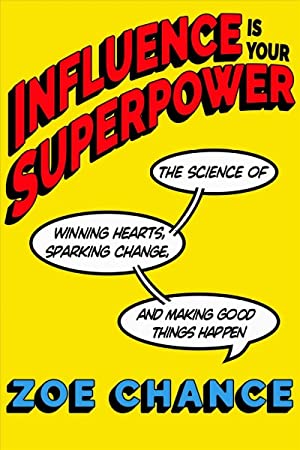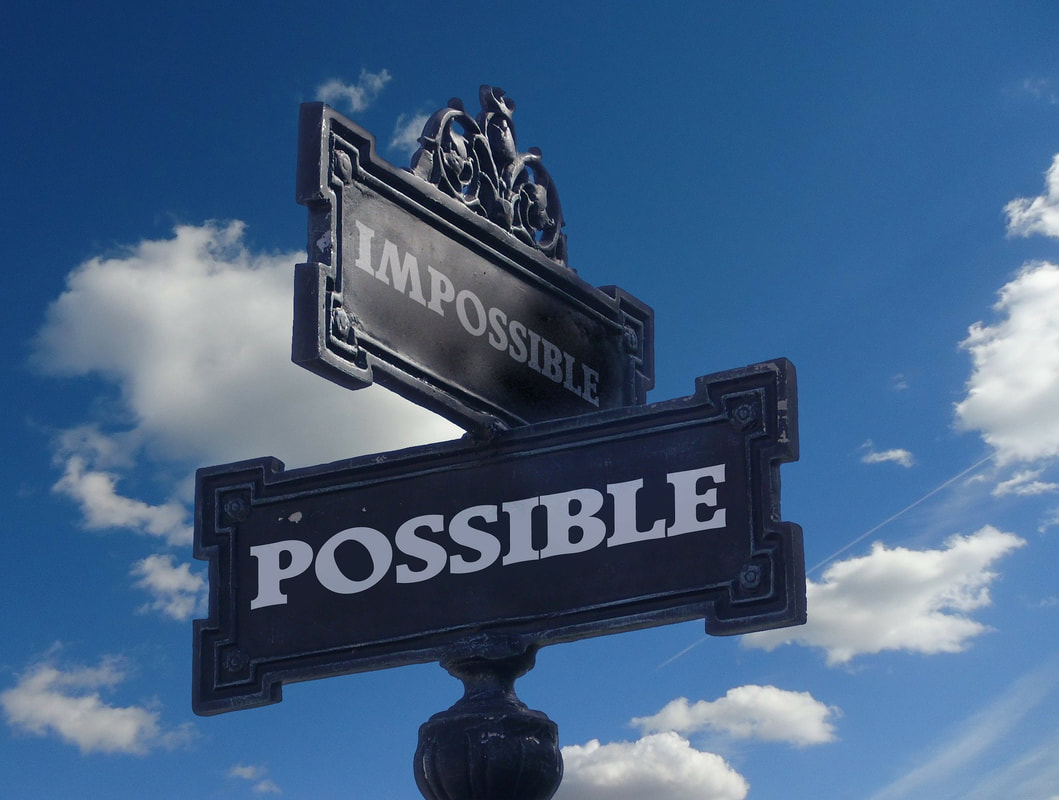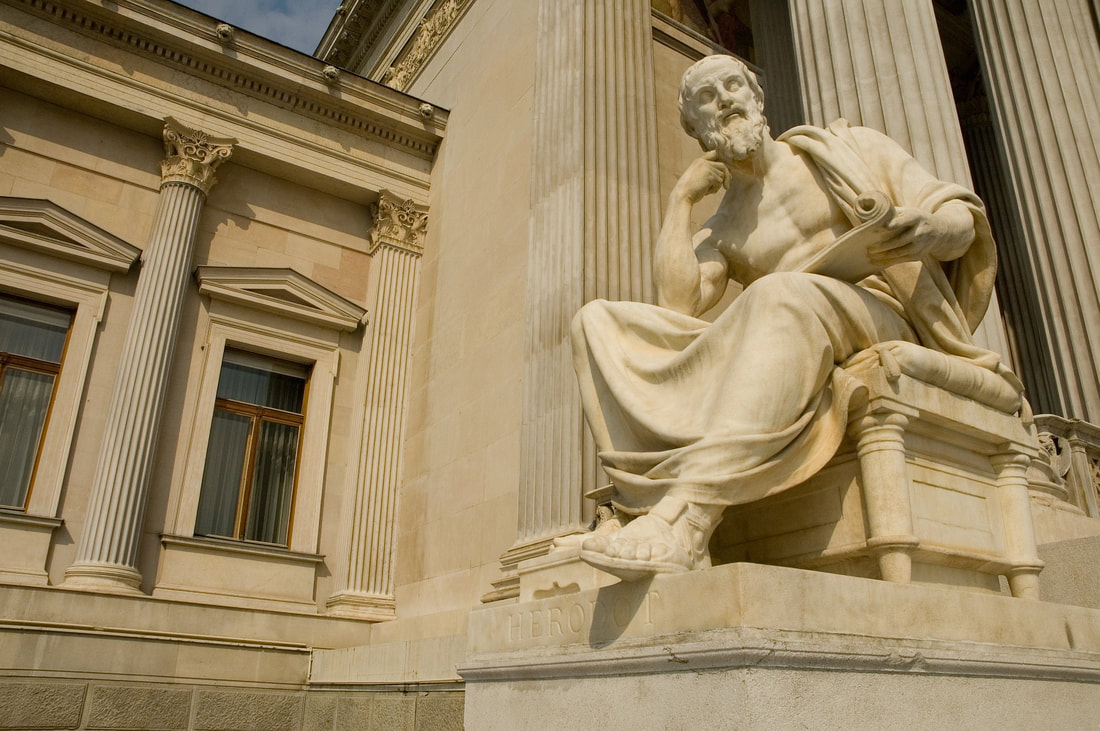|
Image by Gerd Altmann from Pixabay  There are some hidden assumptions to this question that need to be addressed as a means of giving an adequate answer.
First, is the assumption that having an opinion is something one has a right to. Second, is the assumption that judging one’s opinion is the same as judging the person themselves. In both cases, the assumptions are faulty which gives rise to the sentiment and the question. Let’s examine it. What could it mean to have a “right to an opinion?” Does this mean that one has the liberty to have a point of view? Perhaps, but if so this is not in dispute among most people. Of course, you have your point of view and opinion. Everyone has opinions. As such there is nothing particularly special about opinions. But, when this question is asked about the right to an opinion usually there is another sense in mind; something like the right to be taken seriously or heard or to be correct, or worse to be immune to criticism. None of these can be what it means to have a right to your opinion. Merely having an opinion does not mean that others are required to listen to or entertain your opinion. Nor does it mean that others need to take your opinion seriously. Most of all, merely having an opinion does not mean it is correct or that it should be immune to criticism. We all have opinions. No one can take those away. But, merely having an opinion is not anything special. What is special is having the intellectual courage to examine one’s opinions in light of reason and evidence and work to make those opinions reflect reality as well as possible. About the question about judging it is important to understand that criticizing an idea or opinion is different than criticizing the person who holds that idea or opinion. It has to be possible to challenge ideas and opinions without offending people otherwise rational discourse is impossible. Too many people are too impressed with the fact that they have opinions. But, having an opinion is not unique. Everyone has them. Some of them agree with yours and others don’t. But, what matters is the effort to understand how the world works and what the best reason and evidence tells us about how the world works. Instead of focusing on our opinions, we should focus on understanding the world and working together to arrive at the most accurate understanding possible whether or not that agrees without opinions. If it doesn’t then it is our opinions that need to change.
0 Comments
Image by Gerd Altmann from Pixabay  A2A on Quora: There are several different concepts of possibility including: physical possibility logical possibility Each of which has a corresponding impossibility. There are things that can be physically impossible but logically possible but there are no things that can be logically impossible but physically possible. Logic is based on the presumption that there are some very basic, self-evident laws of thought that ought to guide our thinking. These laws help us understand what counts as a good argument, what counts as good evidence, and what inferences should be accepted and rejected. In a sense, everything we do in logic follows from these laws. The laws themselves, which I will discuss below, are self-evident descriptions of how the world works. To say they are "self-evident" means that we don't need any other evidence to know they are truly beyond our understanding of what they mean. This raises an interesting point. If you don't believe these are self-evident, that is, if you don't believe the claims that these rules are making are true, then there's very little that can be done to persuade you otherwise. In some sense, the conversation won't be able to proceed without your agreement with these rules. There are three laws of thought we should consider: The law of non-contradiction: Something cannot both be and not be at the same time and in the same respect. The law of identity: Everything is identical with itself. The law of excluded middle: For any given property or attribute, everything either has that property or does not have that property. You may be objecting that there are many exceptions to these rules but they are probably not exceptions at all just misunderstandings of what the rules imply. For example, you might say that something can be and not be. It could be raining one minute and not raining the next. But, this is not an exception at all. The rules do not say that things cannot change or that one thing (or state of affairs) could not become a different one. It is stating that one thing cannot be that something and not be that something at the same time and respect. It's this last qualifier that is critical. A person can be both a parent and daughter without violating the rule since the person's state as a parent does not preclude there also being a daughter. What they cannot be is both a parent and not a parent at the same time and in the same respect. Once you understand this it should be clear that the rule is asserting nothing more than how things exist. To the extent that things seem to violate this rule, it is most likely that the violation is based on our lack of understanding regarding how the world works, not the inherent falsity of the law of thought. If you consider what the other two laws are saying it should become clear that they are really just slightly different descriptions of the law of non-contradiction. If something cannot both be and not be at the same time that is the same as saying that something is identical to itself. This can be proven in formal logic. The same goes for the law of excluded middle. This can be shown with a simple example: If it cannot be both raining and not raining in the place and time then, for any given time and place, it must either be raining or not raining. What these laws of thought provide is a foundation on which we can build other more interesting and useful rules of reason which provide us with a framework for evaluating claims and theories about how the world works. This is a central feature in the work of logic. So, when someone claims that something is logically impossible, there are no conditions under which that claim can be possible since its possibility would be a contradiction. An important part of being a good critical thinker, problem solver, and creative thinker is being able to make connections. Given that these skills have never been more important, it is clear that learning to make connections is crucial to understanding and thriving in the world in the 21st century. A good way to begin learning to make connections is to study connections in the past. Here are three good books to start with:
Image by DanaTentis from Pixabay  A2A on Quora: To a certain extent but within limits. While most people believe that they actively choose their own beliefs in reality it is more complicated than that. Most people’s beliefs most of the time are unexamined and inherited. People tend to believe in the same religion as their parents or their community. The same goes for political beliefs. The human brain is wired up to believe but not necessarily to think critically about those beliefs. So, the process of arriving at beliefs is not always based on an objective investigation of the relevant evidence and the result is not a carefully chosen belief based on that examination. Instead, psychologists now recognize that we often begin with an emotional response to a situation or a claim and then reason backward from that response to explain it. In between these two mental acts is where the belief arises. And, unless specifically asked to do so, backward reasoning doesn’t always happen. So, we end up with a belief that arises in response to an emotional response. And, these are not entirely in our control. This explains in part why it is so difficult for people to change their beliefs or even to examine them rigorously. It also illustrates the fact that our thinking is often clouded by several biases. One of these is called confirmation bias. This is the tendency we all share to only look at evidence that validates our own beliefs and ignore evidence to the contrary. The process of critical thinking can correct some of these biases and can allow us to learn to examine our beliefs in light of reason and evidence and actively choose the ones best supported by that evidence. But, the process is difficult and must be learned. It takes practice and vigilance as you are going against the grain of how your mind is wired up to think. “How should I answer these questions—according to what you taught me, or how I usually think about these things?” That’s what a student asked a professor who was trying to assess their understanding of some basic concepts in a physics course. As chronicled in an article titled “Twilight of the Lecture,” (http://harvardmagazine.com/2012/03/twilight-of-the-lecture) the students did not have a good understanding of the basic concepts taught in the course though they were passing all the exams.
The point of the article was that this reveals a huge gap between what professors think they are teaching by lecture and what students really learn. I think there is another important point to glean from this not-so-isolated phenomenon. Let’s consider that question again from the student: “How should I answer these questions—according to what you taught me, or how I usually think about these things?” I think this question reveals another gap worth addressing. The gap between what students think they already know and what they must tolerate from professors in order to pass courses. I suspect this question reveals a deep distrust of what is being taught in the classroom. What are the possible sources of this distrust and what can be done to address it? I’m not sure I have an answer but I will share some thoughts on the question. I have noticed a growing skepticism among students in my courses for several years now. The best example of this happened to me in an Introduction to Philosophy course. I was talking to a student before class began. She was describing her lack of interest in what we were covering in the course and I asked her what she was interested in. I was hoping to show her a connection between what we were covering in the course and what she was already interested in. She replied that her major was psychology. I responded by pointing out that psychology was really an outgrowth of philosophy and many of the first psychologists were, in fact, also philosophers to which she replied “so you say.” Naturally I was taken aback by this response! Could I have just made up the connection between philosophy and psychology? Perhaps I did this from an unacknowledged bias for philosophy. Perhaps I would have claimed such spurious connections between philosophy and anything she mentioned. While I have not encountered such overt distrust in what I say in the classroom often I have noticed a growing trend towards subtle distrust. I’m not saying that this distrust is always misplaced and should be replaced by a blind acceptance of whatever is said in the classroom by professors. Goodness knows academics have made mistakes in the past and will continue to do so. But, what is troubling is the ease with which consensus expert knowledge is being rejected out of hand before even being learned. Michael Specter writes about this in his book titled Denialism: How Irrational Thinking Hinders Scientific Progress, Harms the Planet, and Threatens Our Lives. There is so much knowledge that we have gained even in the past few decades that provides useful insights into many areas of life and while it’s not possible to keep up with the production of this knowledge, as an academic and educator it is quite disheartening to see students who lack even a basic curiosity about this knowledge and do not even see that it might be beneficial to them to reach out and learn about these new insights. What are your thoughts on this? What can be done to inspire both curiosity and critical thinking regarding what is being taught in the classroom? In The Karate Kid, Daniel seeks out a mentor to teach him karate. He soon finds himself in a situation where all he seems to be learning from Mr. Miyagi is how to wax his car, paint his house, and sand his deck. What could be more irrelevant to learning karate. But, he soon realizes his mistake. Watch the short video below: So, what you're learning in school is irrelevant? Are you sure about that? Are you sure there's no good reason to learn history, science, mathematics, logic, critical thinking? Maybe you don't have a Mr. Miyagi to show you the relevance of what you're doing. maybe you need to look for it and find it on your own!
Image by morhamedufmg from Pixabay  A2A on Quora: Many colleges and universities are either eliminating or thinking about eliminating philosophy departments on the premise that the major is not very practical and does not include a direct job pipeline. For several reasons, this is very misguided. First, not everything about life is or should be about your job. Being human involves more than working at a job. It involves thinking, contemplating, finding, and creating meaning and value. All of these things involve philosophy. Second, living in a diverse community requires an understanding of such philosophical connections and tolerance, diversity, fairness, equality, and justice. Understanding these concepts requires a philosophical study of them. Third, being an active participant in the civic life of your community entails contributing to the politics of that community by engaging in dialogue and voting. Both of these require critical thinking which again is a philosophical endeavor enhanced by the study of logic and argumentation. Fourth, living in our diverse world requires each of us to have some understanding of the basics of morality and ethics. While a study of philosophical ethics won’t in and of itself make one a moral person it can engage one’s understanding of important moral concepts and how they are related to many of our most pressing problems. Lastly, philosophy is indeed quite practical in the job world. Law schools have recognized for years that philosophy majors are uniquely qualified to succeed in the law and many law school graduates are successful philosophy majors. Other careers can be enhanced by a strong background in reasoning, problem-solving, critical thinking, and conceptualization all of which you receive excellent training in by studying philosophy.  I teach courses in logic on a regular basis. Most any logic course presumes that reasoning is sometimes fallacious but that it is possible to improve your reasoning ability and as a result improve your decision making as well. In addition, by understanding how to evaluate arguments you can not only become better at spotting defective ones but also better at constructing them for yourself. In other words, studying logic will improve your power to influence. As it turns out, that view is wrong. Perhaps a better way to put it is that it’s an incomplete picture of our thinking and what you need to focus on to improve your influence. To learn what else you need to know, I highly recommend Zoe Chance’s new book Influence is Your Superpower: The Science of Winning Hearts, Sparking Change and Making Good Things Happen. As a logic professor, there are several points in the book that resonated with me that I want to focus on particularly in the second chapter titled Influence Doesn’t Work the Way You Think. She discusses Daniel Kahneman’s idea of two systems of thinking from his book Thinking Fast and Slow which he describes as “System 1” and “System 2.” She helpfully relabels these as the “Gator” and the “Judge.” The Gator “is responsible for every cognitive process that’s quick and requires negligible attention,” including things like emotions, quick judgments, and pattern recognition as well as any habitual behaviors. The label comes from the observation that much of a gator’s behavior is “habitual and relatively effortless.” That describes much of our thinking as well. The Judge “is responsible for every cognitive process requiring consternation and effort.” Things like planning, calculating, and the work my students do to solve proofs in symbolic logic. This is how we mostly view most of our thinking. We are sifting through facts and evidence and making judgments. What’s interesting is that while we tend to think that most of our decisions involve deliberate, rational thinking which would be done by the Judge, in reality, the Gator is responsible for much of our behavior and thinking, perhaps “up to 95 percent of our decisions and behaviors.” Understanding this point is key to understanding our own thinking and how to improve it. It’s also a crucial insight to improve your ability to influence others. Why would you want to do that? Well, as Daniel Pink pointed out in his book To Sell is Human, we are all in sales. Think about how much of what you do involves persuading and convincing others in some way. I know as a teacher I am trying to persuade my students to value the class material and learn it. In other words, I’m trying to influence them. So, if most of our thinking is done by the gator below the level of our “rational mind” does that mean influence amounts to manipulation? Not at all. Of course, some people do try to influence by using manipulation and she discusses how to deal with these tactics in her chapter titled Defense Against the Dark Arts. If our thinking is done by gators and judges then the manipulators are sharks “willing to bully, cheat, manipulate, and deceive people to get what they want.” But, that is not what she advocates in the book. Instead, she offers some simply useful tools to improve your ability to influence while building relationships with people. A good example of this is in her chapter on Charisma where she outlines two paradoxes of charisma. Trying to be charismatic has the opposite effect and the best way to attract other people’s attention is by giving them yours. An important key to influence is not manipulating people but connecting with them. The same goes for negotiations which most people see as an adversarial process where you’re trying to get something from someone else while keeping as much for yourself as possible. But, in reality, the best negotiations are collaborative and allow all parties to gain something. Doing this successfully involves asking the “Magic Question” which she describes as her favorite influence strategy. It’s one of my favorite from the book too. The question? “What would it take…?” Starting your question this way naturally invites the other person to think in terms of solving a problem together. It fits nicely with a point she makes earlier in the book. If you want “to become more influential just ask. Ask more often, ask more directly, and ask for more.” The worst outcome is that the other person will say no. But, you’ll be surprised how often people will say yes. Or at least meet you halfway. Sometimes, their answer will even exceed your expectations. But, you’ll never know until you ask. Most logic textbooks define the subject of logic as the science of evaluating arguments. An implicit part of this approach is that there is a distinction between the logical and the psychological. In fact, most logic textbooks will include a reference to the psychological in a chapter on logical fallacies which are mistakes people make in their reasoning process. The implication is that while these psychological tactics may be effective, they should not be used since they violate the principles of good critical thinking. Indeed, some psychological tactics do just that and should not be used. But, Zoe Chance’s book shows us that not all psychological insights are manipulative. To be a good critical thinker, you need to understand how your own thinking works. To have influence you need to understand how to connect with people in a genuine and authentic way. As a professor, her book has given me many useful insights that I will be integrating into my logic and critical thinking courses. As a musical artist, I think I can apply her insights to help my music reach a larger audience. As a human being, who wants to win hearts, spark change and make good things happen, this book will help me unlock my superpower to influence for the better. You've been given an assignment in a class you're taking. It could be a paper, a presentation, a research project. The question is what are you going to do with it?
Are you going to try to make it something interesting for yourself? Are you going to try to learn something? Or are you going to do just enough to pass? Just the minimum, no more. It's only a history paper. It's only a speech in public speaking. It's only an assignment. But, it could be an opportunity to do something remarkable. It could be an opportunity to learn something, even do something worth your time and effort. It's your choice. What does it take to succeed? I'm challenging my students to think about that question this semester. Often, success comes about because someone was willing to do what others weren't willing to do.
Most students won't ask questions. Successful ones will. Most students won't work ahead of schedule when given the chance. Successful ones will. Most students won't establish professional connections with professors on LinkedIn and other venues. Successful students will. Most students won't learn more than is required. Most students won't talk in class. Most won't put in a little extra effort. Most. What about you? |
KEVIN J. BROWNEPhilosopher / Educator These blog posts contain links to products on Amazon.com. As an Amazon Associate I earn from qualifying purchases.
Categories
All
Archives
April 2023
|







 RSS Feed
RSS Feed
















